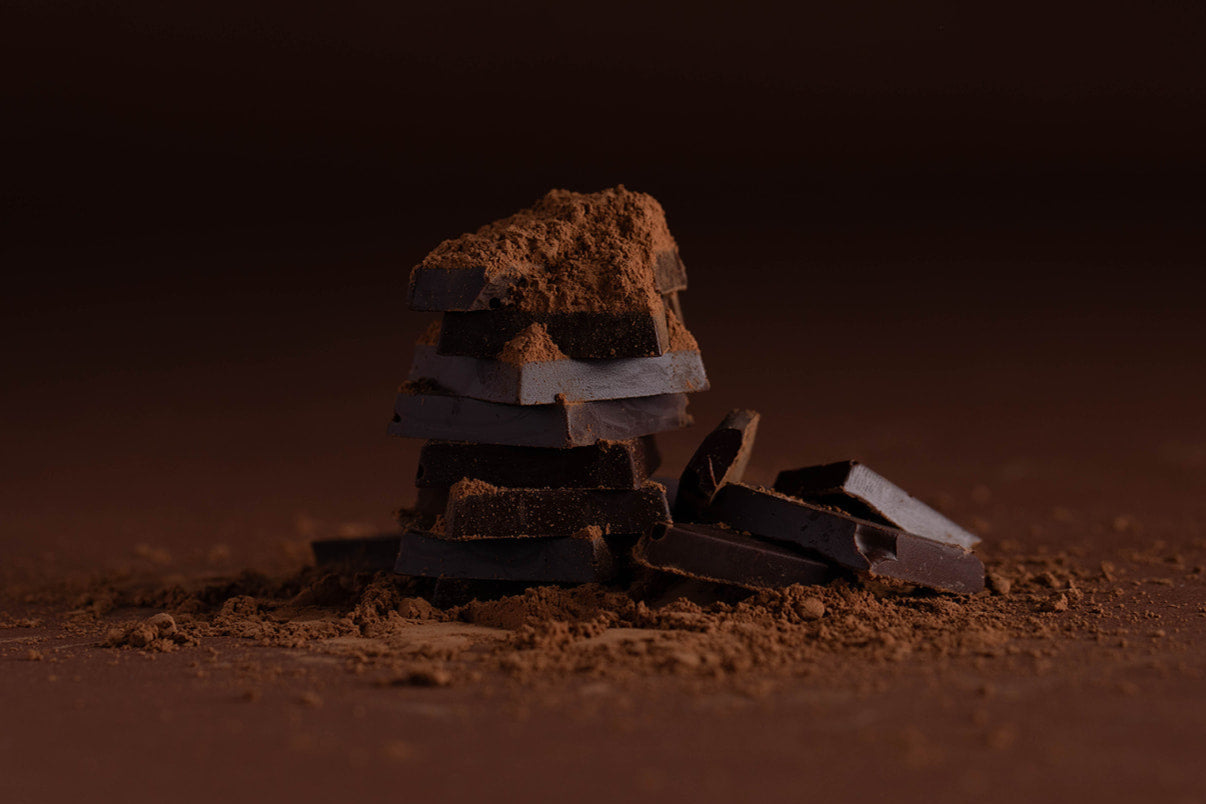Fairtrade and Sustainability
What is Fairtrade?
Fairtrade changes the way trade works through better prices, improved working conditions and a fairer deal for farmers and workers around the world. As a leader in the global movement to make trade fair, Fairtrade supports and challenges businesses and governments and connects farmers and workers with the people who buy their products.
A product with the FAIRTRADE Mark means producers and businesses have met internationally agreed standards which have been independently certified. By choosing Fairtrade, people can create change through their everyday actions.
Fast Facts
There are many hurdles facing the long-term sustainability of the cocoa sector. That includes widespread poverty, deforestation, gender inequality, child labour and forced labour.
Low Incomes
This prevents farmers from investing in and developing their farms, continuing the cycle of poverty.
Increased Child Labour
Women cocoa farmers in some producer countries often have limited access to resources and are discriminated against.
Gender Inequality
A 2020 report found that over 1.5 million children aged 5-17 are working on cocoa farms in Côte d'Ivoire and Ghana.
Unequal Power Distribution
That means cocoa farmers have little influence on the price they are paid for what they grow.
Climate
Change
Unpredictable weather patterns, along with diseases and pests, are impacting cocoa production.
Deforestation due to Demand
Farmers face environmental and economic strain due to industry imbalance and deforestation, worsening the climate crisis.

How Fairtrade Makes a Difference
If we want to enjoy a future where chocolate isn’t just a rare luxury, the cocoa business needs to change. There are over 450,000 Fairtrade cocoa farmers representing almost a quarter of all Fairtrade farmers and workers.
Decent Livelihoods
Fairtrade’s living income strategy is pushing for a livelihood that covers cocoa farmers’ business costs and enough for basic human rights, such as nutritious food and education for their children.
Fairtrade cocoa farmers have the security net of the Fairtrade Minimum Price for the produce they sell, for when market prices drop. Organic production is incentivised with an additional payment on top of the higher Minimum Price.
Farmers also receive the Fairtrade Premium, which they choose how to invest, for example replacing old cocoa trees.
Protecting Young People
A new programme is supporting Fairtrade certified cocoa cooperatives in Côte d'Ivoire and Ghana to strengthen prevention and remediation of child labour and forced labour.
Sourcing
Fairtrade works with key industry players so that they can source large volumes of sustainably produced cocoa. This means more benefits for farmers.
Gender Equity
This recognises that greater opportunities for women benefit everyone. Fairtrade Africa’s Women’s School of Leadership has seen women promoted as leaders in cocoa cooperatives.
Stronger Together
By supporting smallholder farmers to join together into cooperatives, farmers can negotiate better terms of trade and reach more markets.
Climate Resilience
Utilizing specific programmes and standards criteria, Fairtrade works with farmers to adapt to unpredictable weather patterns, mitigate environmental risks, and build a more resilient cocoa industry for all.
Sustainability
The product is Fairtrade certified, where Fairtrade aims to promote sustainable food production and environmental protection in various ways. This chocolate is also packaged by 98% certified home compostable materials!
The package is made from 98% certified home compostable materials. Our pouches are made from bio-based, renewable, and non-GMO plant derivatives, meaning they will naturally decompose with the help of heat, moisture, and microbes, to gently re-enter the earth without leaving harmful toxins behind.
The compostable pouch can decompose in ~8-12 months at home or ~6 months if brought to an industrial composting facility.

